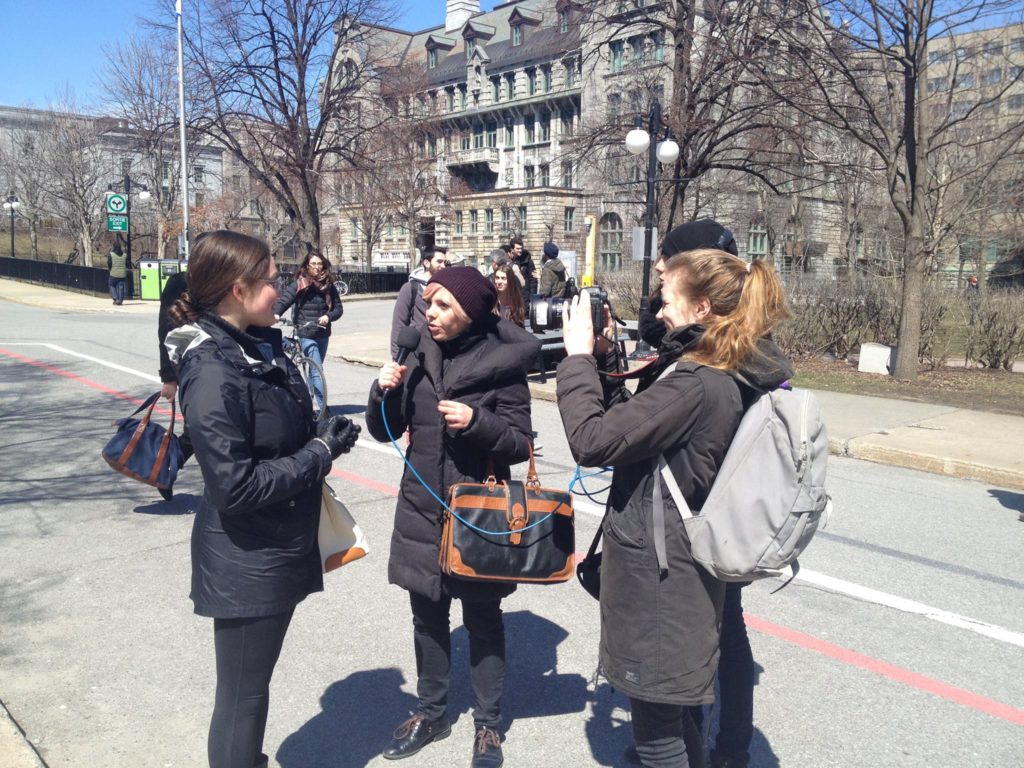It was a mid-afternoon on a beautiful fall and sunny day.
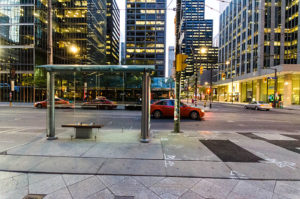
I had just finished class and was walking to the bus stop across from McMaster University. I sat, minding my own business waiting for the bus to arrive, when a middle aged man sat next to me.
If you are a woman reading this, then you might know the uneasy, instinctual gut feeling, of an unknown man sitting in the seat directly next to you, when 4 other seats away from you exist, unoccupied.
I had a bad feeling something would be said but I ignored my thoughts, because not every man that sits close to you is going to say something inappropriate… right ? Unfortunately my instinct was right.
The man asked me if I “wanted an older man” because he could teach me things in the bedroom I could never dream of, then proceeded to list off just the things he wanted to do to me, which are much to explicit for this post.
I was in shock, I had never had someone who would say such disgusting things to me. I stood up and walked a few feet away, praying that the bus would come sooner, and it eventually did.
Unfortunately, the real fear came after I stepped into the bus and realized that he was also getting on, I never wanted to not be a young woman so bad in my life.
After I got off the bus a few stops away from my home, making sure the man was not following me, and clenched my phone wondering how well it would work if I needed to use it in an attempt to defend myself.
My beautiful fall day had turned into something dark and frightening, frustrated trying to understand why I deserve this treatment?
~ Madelaine D
Location:
Hamilton/Ontario/Canada
Need support? Call the toll-free National Street Harassment hotline: 855-897-5910
Share your street harassment story for the blog.
See the book 50 Stories about Stopping Street Harassers for ideas.

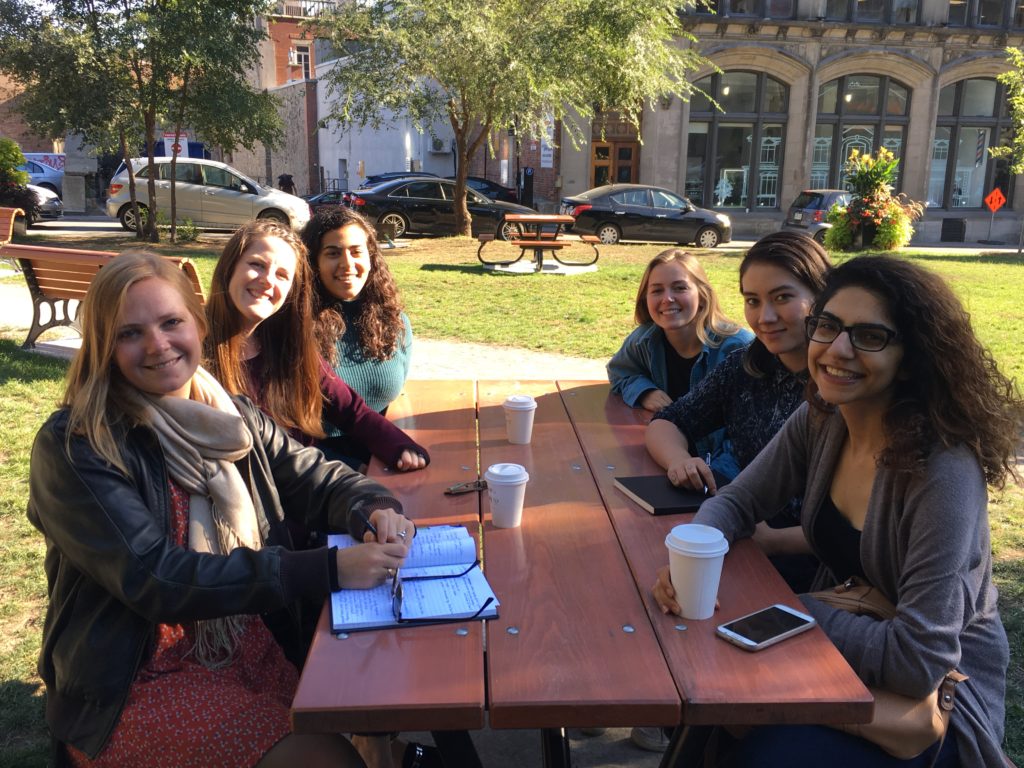
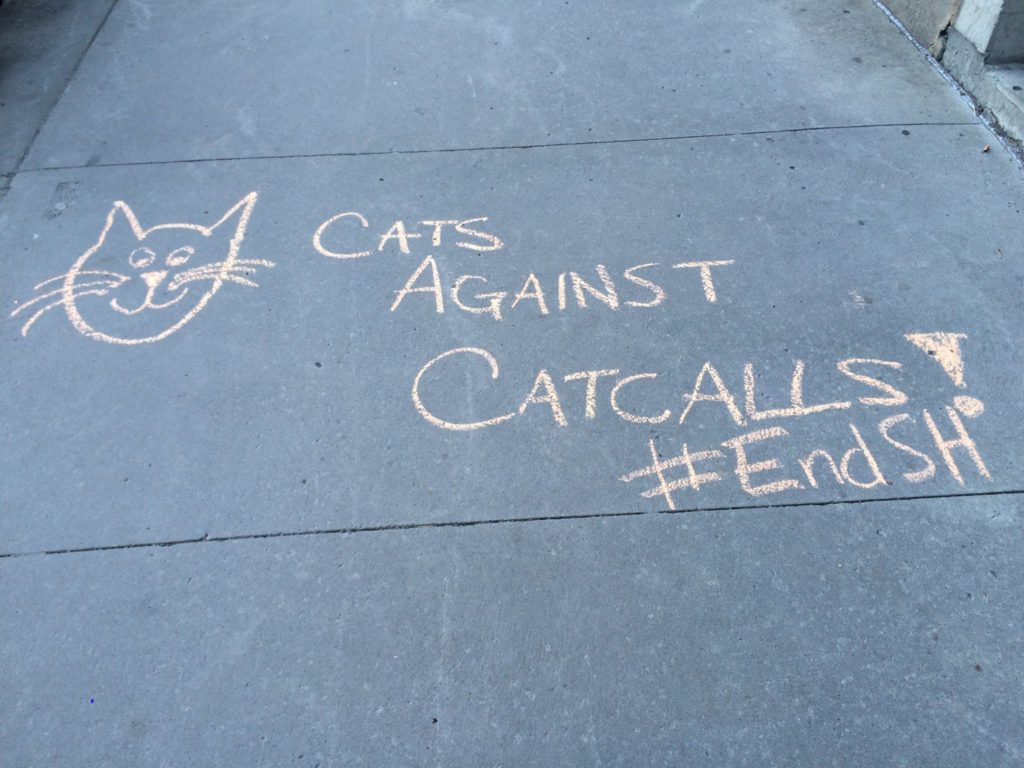
 Kathryn is the executive director of
Kathryn is the executive director of 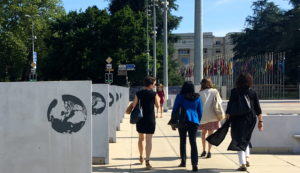 WICI knows the importance of documenting street harassment. As part of their
WICI knows the importance of documenting street harassment. As part of their  Street harassment starts at a young age. During the
Street harassment starts at a young age. During the 